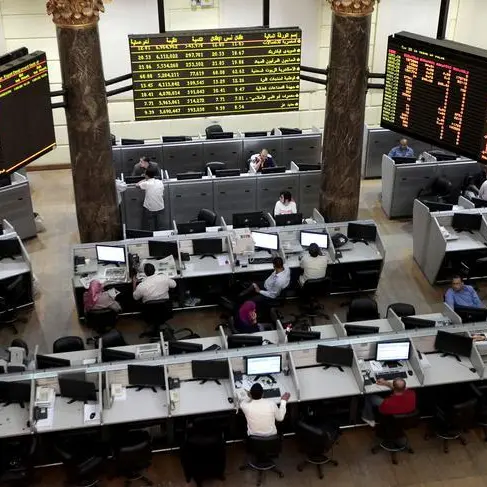PHOTO
U.S. stock index futures were subdued in volatile trading on Thursday after the U.S. House of Representatives passed President Donald Trump's tax bill, which is expected to burden the country with trillions in debt, by a razor-thin margin.
If the bill becomes law, it is expected to add about $3.8 trillion to the federal government's $36.2 trillion debt in the next decade, according to the nonpartisan Congressional Budget Office.
The
bill
now faces a test in the Republican-controlled Senate and will fulfill much of Trump's populist agenda if passed, delivering new tax breaks on tips and car loans and boosting military spending.
"The fact that it got through the House will be a sign potentially of stability rather than more uncertainty," said Christopher Peters, head of trading at Accendo Markets.
"If you start getting bills not passed through the House, you start to get that kind of uneasy uncertainty going on... it may well just be more of a sentiment-based thing than anything else at the moment."
At 07:22 a.m. ET, Dow E-minis were down 20 points, or 0.05%, S&P 500 E-minis were up 6.75 points, or 0.12%, and Nasdaq 100 E-minis were up 55 points, or 0.26%.
All three main stock indexes saw their biggest single-day percentage drops in a month on Wednesday as Treasury yields spiked on worries about mounting U.S. debt.
Longer-dated Treasury yields stayed near their multi-month highs on Thursday, with those on the 10-year benchmark at 4.604%.
Most megacap and growth stocks inched higher in premarket trading, with Google-parent Alphabet leading with a 1.4% rise.
Among other movers, shares of solar energy companies including First Solar dropped 8.2% as Trump's tax-cut bill is expected to end a number of green-energy subsidies.
Cryptocurrency and blockchain-related stocks jumped as bitcoin, the world's biggest cryptocurrency, climbed to a record high.
Exchange operator Coinbase advanced 2.3%, bitcoin stockpiler Strategy gained 1.5% and crypto miners including MARA Holdings added 4%.
Snowflake jumped 10% after the cloud computing firm raised its fiscal 2026 product revenue forecast.
Insurer UnitedHealth extended losses after a nearly 6% drop in the last session and was down 2.3%.
Analog Devices gained 2.5% after the chipmaker beat second-quarter revenue estimates.
U.S. stocks have had a solid month so far, with the S&P 500 climbing more than 15% from its April lows, when Trump's reciprocal tariffs rattled global markets.
A pause in tariffs, a temporary U.S.-China trade truce and tame inflation data have pushed equities higher, although the S&P 500 is still about 3% off its record highs.
At least two Federal Reserve officials including New York Fed President John Williams are slated to speak later in the day.
Weekly jobless claims data and a preliminary reading of the May Purchasing Managers' Index are also scheduled for release.
Money markets have currently priced in about two interest-rate cuts by the end of the year, according to data compiled by LSEG.
(Reporting by Shashwat Chauhan and Kanchana Chakravarty in Bengaluru; Editing by Pooja Desai)





















